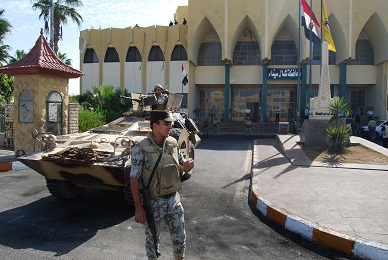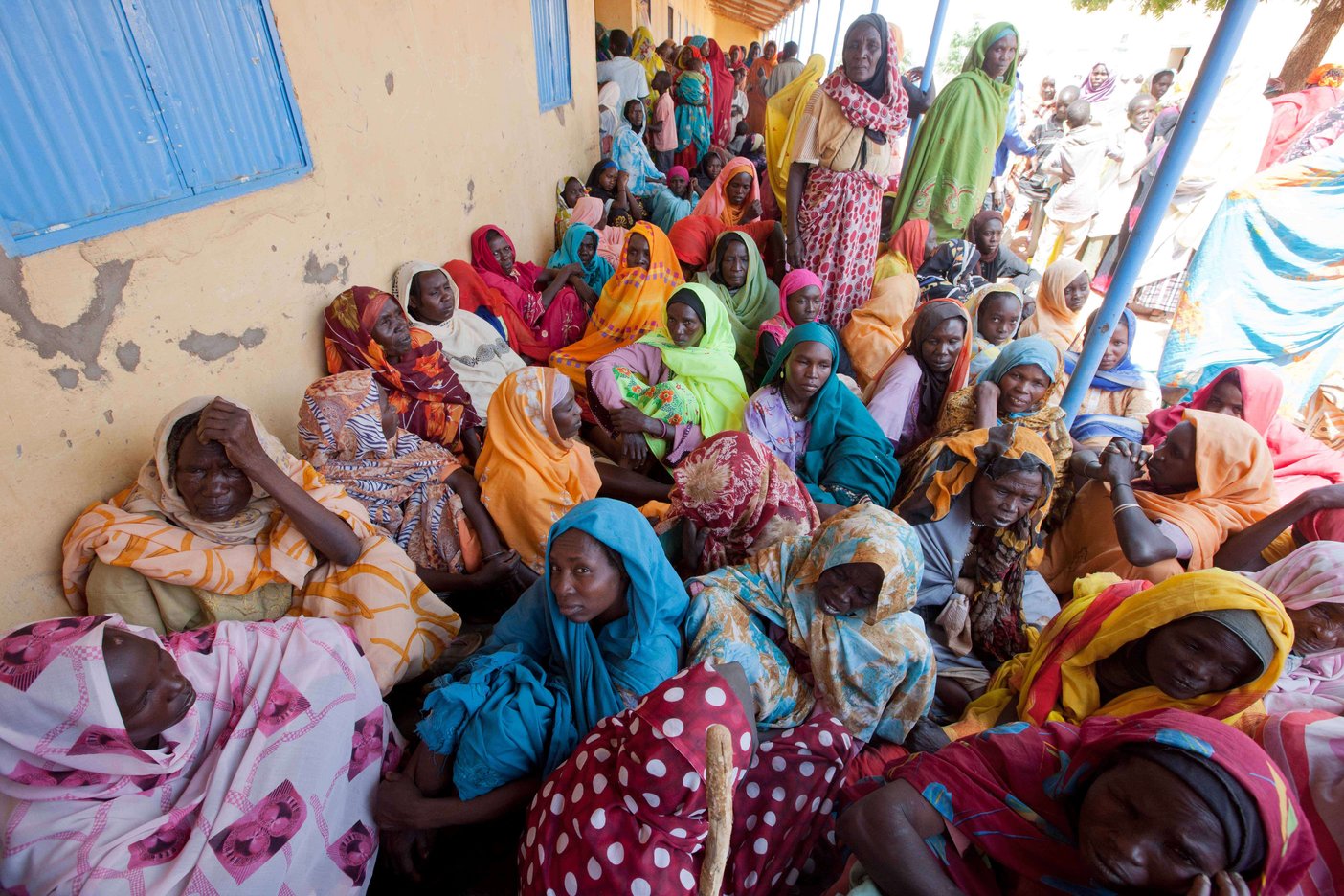CAIRO: During a People’s Assembly session on Monday, Gawdat Al Malt, head of the Central Auditing Agency (CAA) accused Cabinet of working on “isolated islands , reported Al-Masry Al-Youm Tuesday.
In a heated discussion of the 2004-05 balance sheets, Al Malt pointed to the gross inconsistencies between the statistics pertaining to inflation rates, unemployment and the national debt figures.
He also indicated the growing gap between government revenues and expenditures, claiming that while expenditures have reached LE 179.8 billion, actual revenue was at LE 118.4 billion, which shows a deficit of LE 61.4 billion.
This, he said, proves that the government has failed to meet its income objectives.
Commenting on Al Malt’s statements, Magdy Sobhy, an economics expert at Al Ahram Center for Political and Strategic Studies, told The Daily Star Egypt that we must put these figures in perspective.
“There is always a difference between the planned budget and the actual balance sheets. This happens all over the world.
“But the problem is, he continued, “that the government deliberately masks the truth especially when it comes to the size of public debt. While Al Malt says that according to the Central Agency for Public Mobilization and Statistics (Capmas) and the Central bank (CB) that the debt represents 95.2 percent of total revenue, the government had previously announced that it was closer to 70 percent.
He noted the fact that contradictions in inflation and unemployment rates were also flagrant.
While Capmas had cited inflation at 11.4 percent, the Ministry of Planning, which oversees it, claimed it was 8.6 percent, while the Finance Ministry said it was 4.8 percent. And while the CB had inflation at 11.2 percent, the Finance Ministry claimed it was 10.5 percent and the Ministry of Planning said it was 10.3 percent.
“The government is clearly being selective with the statistics it chooses to announce. I don’t want to be harsh, but there is no transparency here, commented Sobhy.
Sobhy said that Al Malt was brave to bring all that up.
“The government’s growth rate figures are also far from realistic.
He explained that during a recent meeting with representatives of the International Monetary Fund and the World Bank, Minister of Finance Youssef Boutros Ghali said that Egypt’s foreign reserves had reached $34 billion, even though the CB itself had declared the sum does not exceed $26 billion.
“There will be a PA interpellation about this next week, said Sobhy.
The Daily Star Egypt was unable to reach anyone from the Finance Ministry for comment. The paper was told that the head of the budget sector at the ministry, Mahmoud El Shazly, was attending a PA session. The danger of a growing internal public debt, which is now at LE 511 billion, said Sobhy, is that it represents one third of the budget. The annual deficit has reached 9 percent so our costs will increase and we will lose our competitive edge in the market, he added.
“This means that more debt will accumulate and inflation will increase which will lead to a rise in investment costs.
Failure to control the public debt, said Sobhy, will lead to more problems in the future and a decline in the standard of living.
“Those with fixed incomes will be the worst hit. Such policies will exacerbate social inequality.
Although Sobhi believes that the 2005-06 balance sheets should look better, they should not be taken on face value.
“Revenue generated by the privatization of the Bank of Alexandria and the sale of the third mobile operator license to Etisalat will give the budget a sudden boost, but will not have a long-term effect. We won’t be making deals of this magnitude every year.
Ghali’s response to Al Malt, according to Al-Masry Al-Youm, was that the deficit will continue to grow but at a slower rate.
He said that the only way to decrease it is by increasing taxes, cutting subsidies and raising prices, which will lead to greater hardships for the majority of the people.
“This response, commented Sobhy, “is a cheap shot by the Minister and goes against the philosophy he’s exhibited so far, which hinges on reducing taxes and attracting foreign investment.
Observers believe the LE 54 billion allocated to subsidizing basic commodities is an excuse for the government’s gross financial failure.
In a recent interview with Al-Ahram Weekly, Al Malt was quoted as saying at the PA “Don’t make the poor your scapegoat.
He attributed Egypt’s economic collapse to corruption, mismanagement, the squandering of public funds and investing in huge national projects without conducting adequate feasibility studies.

